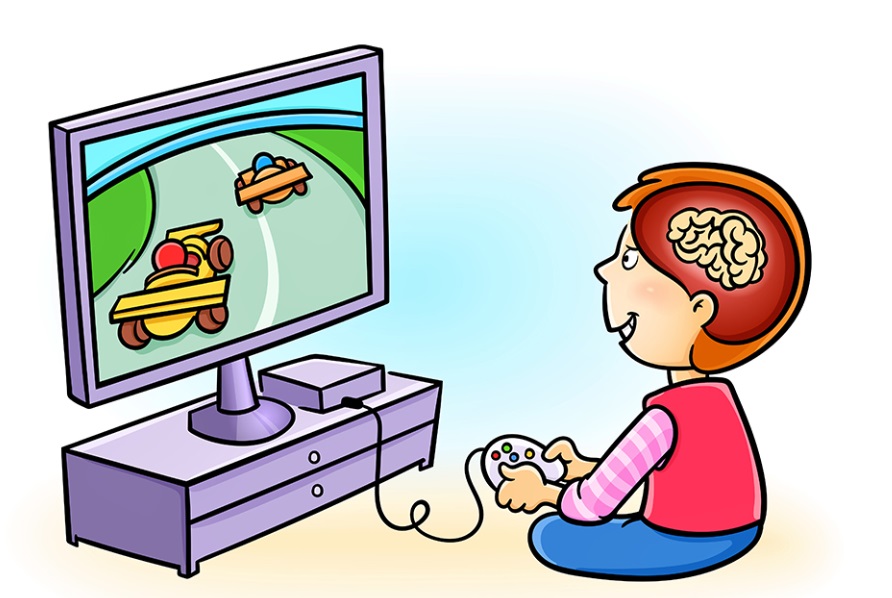In recent years, the debate surrounding the impact of video games on children’s cognitive development has been a topic of considerable interest. The goal of this post is to shed light on the positive aspects of video games and how they can contribute to cognitive growth in children. While excessive screen time can pose concerns, research suggests that, when approached mindfully, video games can offer valuable benefits for a child’s cognitive well-being.
Cognitive Skills and Video Games:
- Problem-Solving and Critical Thinking:
- Numerous studies indicate that certain video games enhance problem-solving skills and critical thinking in children. Engaging in complex gaming scenarios often requires quick decision-making, strategic planning, and the ability to adapt to changing situations.
- Spatial Awareness and Coordination:
- Action-oriented video games have been linked to improvements in spatial awareness and hand-eye coordination. The interactive nature of these games requires players to navigate through virtual environments, honing their spatial skills and enhancing coordination.
- Memory Enhancement:
- Memory is a fundamental aspect of cognitive development, and certain video games demand players to recall and utilize information strategically. Action games, in particular, can enhance both short-term and long-term memory.
- Attention and Concentration:
- Engaging in video games often requires sustained attention and concentration. Studies, suggest that regular exposure to video games can improve a child’s ability to focus on tasks and ignore distractions.
Caution and Considerations:
While acknowledging the potential benefits, it’s crucial to approach video game use with a balanced perspective. Here are some considerations:
- Age-Appropriate Content:
- It’s essential to ensure that children engage with age-appropriate and non-violent video game content. Games designed with educational elements can be particularly beneficial.
- Moderation and Supervision:
- Encouraging moderate and supervised video game play is key. Setting limits on screen time (less than 1 hour a day) and encouraging a variety of activities, including physical exercise and social interactions, promotes a well-rounded lifestyle. It is important to note that attention problems, depression symptoms, and attention-deficit/hyperactivity disorder (ADHD) issues are significantly higher among children who played three hours per day or more compared to children who had never played video games.
The relationship between video games and cognitive growth in children is a nuanced topic. While concerns about excessive screen time are valid, research suggests that certain video games, when used mindfully, in moderation, can positively contribute to cognitive development. It is critical to emphasize the importance of moderation, age-appropriate content, and a holistic approach to a child’s overall well-being. By fostering a balanced perspective, parents and caregivers can harness the potential benefits of video games for their children’s cognitive growth.
Related news article from National Institute of Health – https://www.nih.gov/news-events/news-releases/video-gaming-may-be-associated-better-cognitive-performance-children
